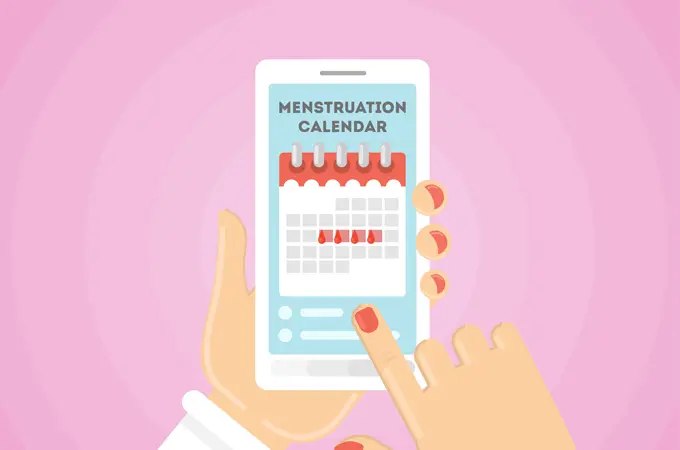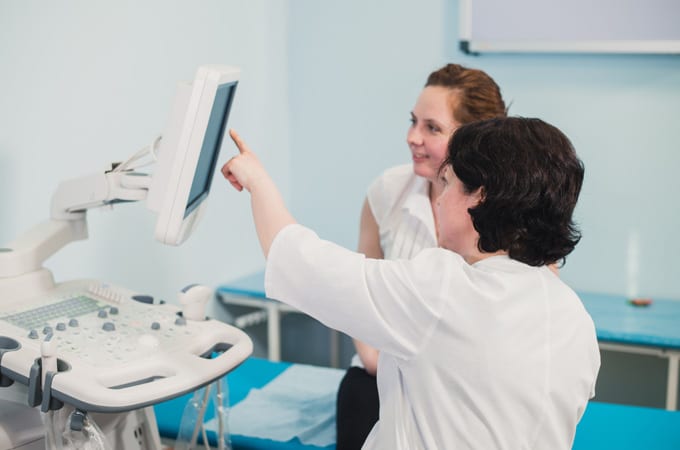
Paulette Browne, M.D., of SGF’s Fair Oaks, VA location, is double board certified in reproductive endocrinology and infertility, and obstetrics and gynecology. Dr. Browne recently hosted a webinar about what your menstrual cycle says about your fertility, and helped address common questions and concerns.
Join the next Q&A Webinar, or take advantage of another SGF educational event, in person or online. View our events calendar to learn more.
Q: Can maintaining a healthy weight help regulate my cycle?
Dr. Browne: Yes, maintaining a healthy weight is very important and can help regulate your cycle. Being underweight or overweight can result in fertility issues and ovulation issues.
Q: Ovulation predictor kits are supposed to give you 2 days for peak ovulation, but my tests constantly read positive. What does that mean?
Dr. Browne: Ovulation predictor kits are measuring LH. LH is a signal from the brain that causes ovulation. Some women have chronically elevated LH either because of low ovarian reserve or, more commonly, from polycystic ovary syndrome (PCOS) when the LH is elevated due to insulin problems. For people who have positive LH at all times, it really makes sense to see a fertility doctor to get a better sense of whether you have an ovulatory issue.
Q: My cycle is regular when I’m on birth control. Does that mean when I go off the pill, I should expect to maintain this regular cycle?
Dr. Browne: Actually, the birth control pill is artificially regulating your cycle, so if you go off the pill and your cycles are irregular, it may point to some issue that can be fixed with fertility treatment. Just because you go off the pill doesn’t mean your cycles are going to remain regular.
Q: Can I look at my mom or sister’s cycle to help indicate if my cycle will be normal?
Dr. Browne: There are some genetic issues that could be similar in siblings or parents, but I would say that most cyclic abnormalities are individual and by looking at your siblings or mother’s menstrual cycle does not help to predict yours.
Q: My period comes the same time every month, but it’s varies in length between 3-5 days. Is this normal?
Dr. Browne: This does sound very normal. It’s a regular timed menstrual cycle and the number of days of bleeding may just be adjusted by how well the lining built up that month.
Q: If only the first day of your period is painful, might this be a sign of endometriosis?
Dr. Browne: Yes, it’s very possible. Some people just have menstrual cramps and it’s a sign of your uterus trying to expel the blood in the uterus and it may be normal. But, it’s certainly possible to have just one painful day of your period and it could be endometriosis.
Watch: SGF’s New On-Demand Webinar, Getting Pregnant with Endometriosis
Q: How do you determine the start of your cycle? Is it when you start spotting or the first day of your flow?
Dr. Browne: We do call the first day of the cycle the “first day of full flow” and not the spotting. The first day of full flow is usually when the progesterone has dropped sufficiently enough to cause the lining to shed.
Q: If I’m under 35 and have had 2 miscarriages in 12 months, should I see a specialist?
Dr. Browne: I would highly recommend you see a specialist if you’ve had 2 miscarriages in 12 months. Anyone who has had two miscarriages even over years would fit our definition of having what’s called recurrent pregnancy loss. There are things that we could look for that might be causing recurrent pregnancy loss that we can treat. We can also assist in trying to reduce the risk of a further miscarriage.
Q: It sounds like I have PCOS, since I rarely get my period. How would a doctor know if I have PCOS? How would they treat it?
Dr. Browne: PCOS is what’s called a clinical diagnosis and it’s really diagnosed by listening to the patient and their symptoms. We ask about cycle irregularity, acne, and hair growth. There are some tests that evaluate if someone has PCOS, but actually, the clinical history is probably more important than the blood tests. If you do have PCOS, we treat it by utilizing medications to make the body ovulate, so we get around these ovulation issues.
To watch our On-Demand Webinar on PCOS, click here. During this free, on-demand event, viewers will learn about the symptoms of PCOS, the role they play when trying to conceive, and treatment options that are available to help women overcome their infertility caused by this condition.
To schedule an appointment with Dr. Browne or any of our SGF physicians, please call our New Patient Center at 888-761-1967 or fill out this brief form.




